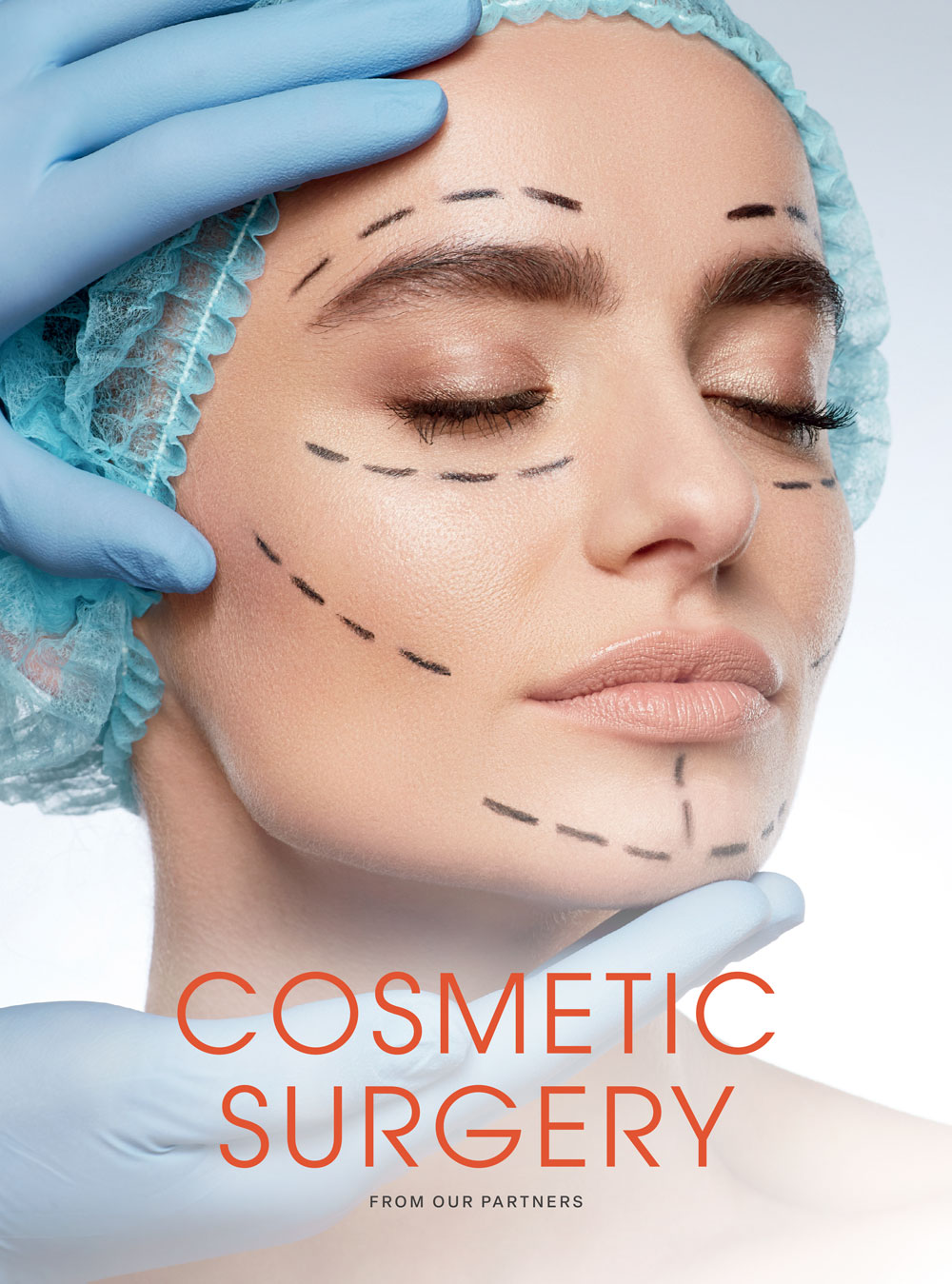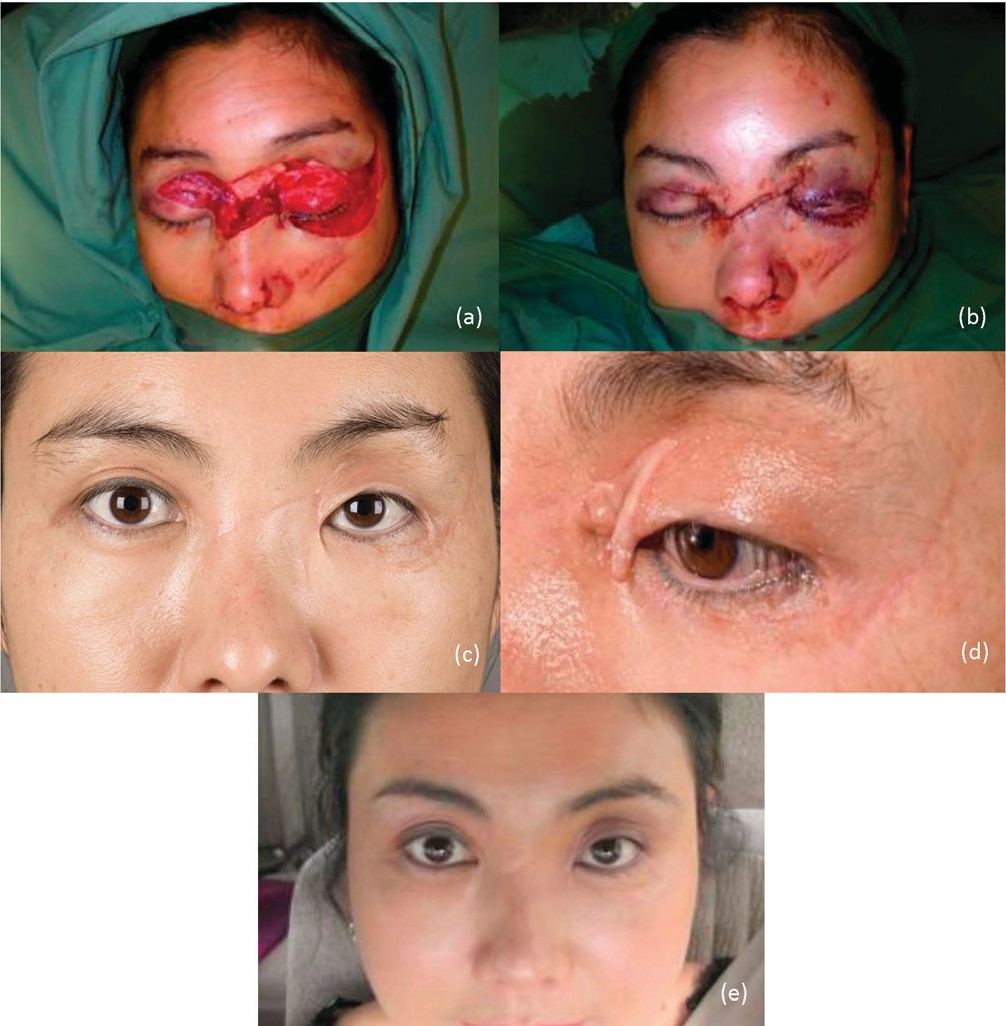Examining the Emotional and Social Variables That Drive People to Consider Plastic Surgery as a way of Renovation
The choice to go after cosmetic surgical treatment frequently prolongs past mere looks, intertwining with emotional and social dynamics that warrant extensive examination. Aspects such as self-esteem, pervasive social charm standards, and the prevalent impact of social media assemble to form specific inspirations for surgical improvement.
The Role of Self-confidence
Self-esteem considerably affects a person's decision to pursue plastic surgery. People with reduced self-worth commonly view themselves in an unfavorable light, resulting in sensations of inadequacy concerning their physical appearance. This negative self-perception can drive them to seek medical interventions as an approach of enhancing their self-image. The wish for improvement in one's appearance is regularly connected to an idea that such changes will certainly boost their total self-worth and self-confidence.

Ultimately, the role of self-esteem in the decision-making process relating to plastic surgery highlights the complicated interplay in between body picture, individual satisfaction, and psychological health and wellness. Understanding this relationship is essential for medical care experts to make certain that individuals are making notified choices rooted in practical expectations and psychological wellness.
Social Charm Specifications
Influenced by pervasive media portrayals and social narratives, social appeal requirements play a critical function fit individuals' assumptions of their very own bodies. These requirements are usually characterized by an idealized type of charm that stresses characteristics such as youthfulness, proportion, and slimness. As these suitables are bolstered via various networks, consisting of film, marketing, and television, individuals often internalize these messages, leading to discontentment with their natural look.
The implications of these societal norms expand past aesthetic preferences; they can affect self-esteem, mental health, and social relationships. People who regard themselves as falling short of these criteria may experience feelings of insufficiency, triggering a wish for cosmetic surgery as a way of attaining social authorization. This search is frequently fueled by the belief that adapting to these perfects will certainly enhance not only physical appearance however likewise social standing and individual gratification.

Influence of Social Network
The influence of societal elegance standards is additional intensified by the rise of social networks platforms, where curated pictures and idyllic depictions of elegance are common. Users are regularly revealed to filteringed system and edited photos, which usually show unattainable physical qualities. This direct exposure cultivates a culture of contrast, leading people to assess their very own appearance versus these often impractical benchmarks.
Social media site influencers and celebrities regularly promote aesthetic treatments, stabilizing the concept that surgical improvements are a practical methods for achieving societal suitables (plastic surgery rancho cucamonga). The exposure of these enhancements can create an understanding that going through cosmetic surgical procedure is a typical practice, thereby affecting people to take into consideration comparable interventions as a pathway to boosted self-confidence and social approval
Moreover, the interactive nature of social networks permits prompt comments through sort and remarks, further reinforcing the wish to adapt preferred appeal standards. Such interactions can exacerbate sensations of inadequacy and drive individuals towards cosmetic surgical treatment as a way of gaining validation. Ultimately, social media sites plays a critical role fit perceptions of appeal, which considerably affects the decision-making procedures bordering plastic surgery.

Social Viewpoints on Look
Across various societies, understandings of appearance are deeply rooted in historic, social, and economic contexts, shaping individuals' views on appeal and desirability. In several societies, appearance works as a substantial marker of identity, affecting social status, professional opportunities, and personal partnerships. For example, in some societies, light skin is typically linked with wide range and privilege, while others may glorify darker complexion as symbols of toughness and credibility.
Furthermore, traditional elegance standards are commonly perpetuated via cultural narratives, media representations, and family influences, resulting in varying suitables throughout different regions (plastic surgery rancho cucamonga). In Western cultures, the emphasis on youth and fitness typically drives individuals towards cosmetic improvement, while in specific Eastern societies, more refined modifications aligned with typical aesthetic appeals may be chosen
Globalization and the spreading of electronic media have even more made complex these dynamics, developing a hybridization of appeal ideals that goes beyond geographical borders. As individuals increasingly browse these cultural narratives, the stress to adapt specific appearance standards can result in the wish for cosmetic surgical treatment, mirroring an intricate interplay of cultural worths and individual aspirations. Comprehending these social point of views is crucial in attending to the inspirations behind cosmetic surgery considerations.
Psychological Influences of Cosmetic Surgical Procedure
Numerous individuals looking for plastic surgery record experiencing extensive psychological effects that can considerably change their self-perception and emotional well-being - plastic surgery rancho cucamonga. The need for physical enhancement typically originates from underlying issues such as reduced self-worth, body dysmorphic problem, or societal stress relating to elegance criteria. For some, the instant post-operative phase can lead to a short-term boost in self-confidence and satisfaction with their appearance, fostering a sense of empowerment
However, these positive feelings might not be enduring. Research study suggests that while some patients experience improved self-esteem, others may encounter elevated anxiety or anxiety if their assumptions are not met. This inconsistency can occur from unrealistic ideals perpetuated by media representation and social stories bordering charm.
Furthermore, the emotional implications of cosmetic surgical treatment expand beyond the individual. Relationships with friends and family may be stressed as social dynamics change, causing feelings of isolation or alienation. Ultimately, the psychological impacts of cosmetic surgery are diverse and intricate, calling useful site for mindful consideration by both possible people and health care providers to make sure informed decision-making and navigate to this site sensible assumptions.
Final Thought
Finally, the decision to go after cosmetic surgery is dramatically affected by a mix of self-confidence issues, societal beauty requirements, and social point of views on look. The prevalent reach of social media additionally worsens these stress, advertising impractical perfects that people often strive to achieve. Understanding these social and psychological factors is necessary for dealing with the motivations behind cosmetic surgical procedure, highlighting the need for a more nuanced discussion bordering elegance and self-acceptance in contemporary society.
The decision to seek cosmetic surgical procedure often prolongs beyond plain visual appeals, intertwining with social and psychological dynamics that merit complete assessment. Eventually, social media plays a critical function in shaping perceptions of charm, which considerably impacts the decision-making processes surrounding cosmetic surgery.
As people significantly browse these social stories, the pressure to adjust to certain look standards can lead to the desire for cosmetic surgery, mirroring an intricate interaction of cultural worths and personal goals.In verdict, the choice to pursue cosmetic surgical treatment is this substantially influenced by a mix of self-confidence issues, social appeal requirements, and cultural viewpoints on look. Comprehending these psychological and social elements is necessary for addressing the motivations behind cosmetic surgical treatment, highlighting the demand for an extra nuanced conversation surrounding elegance and self-acceptance in contemporary culture.